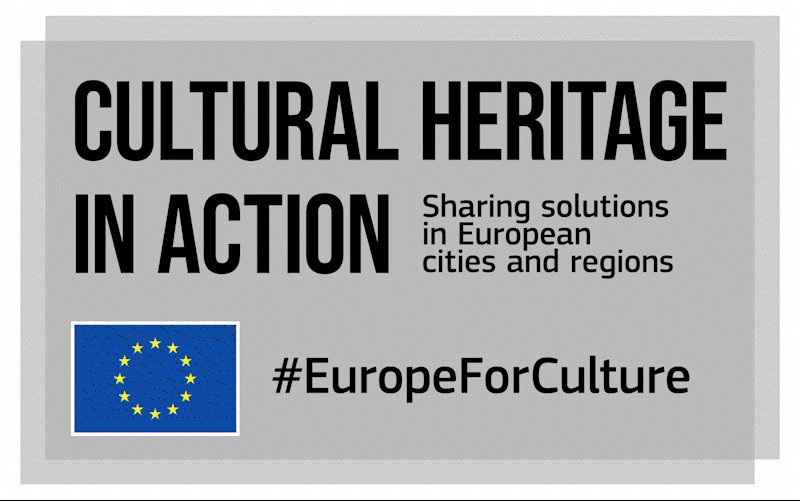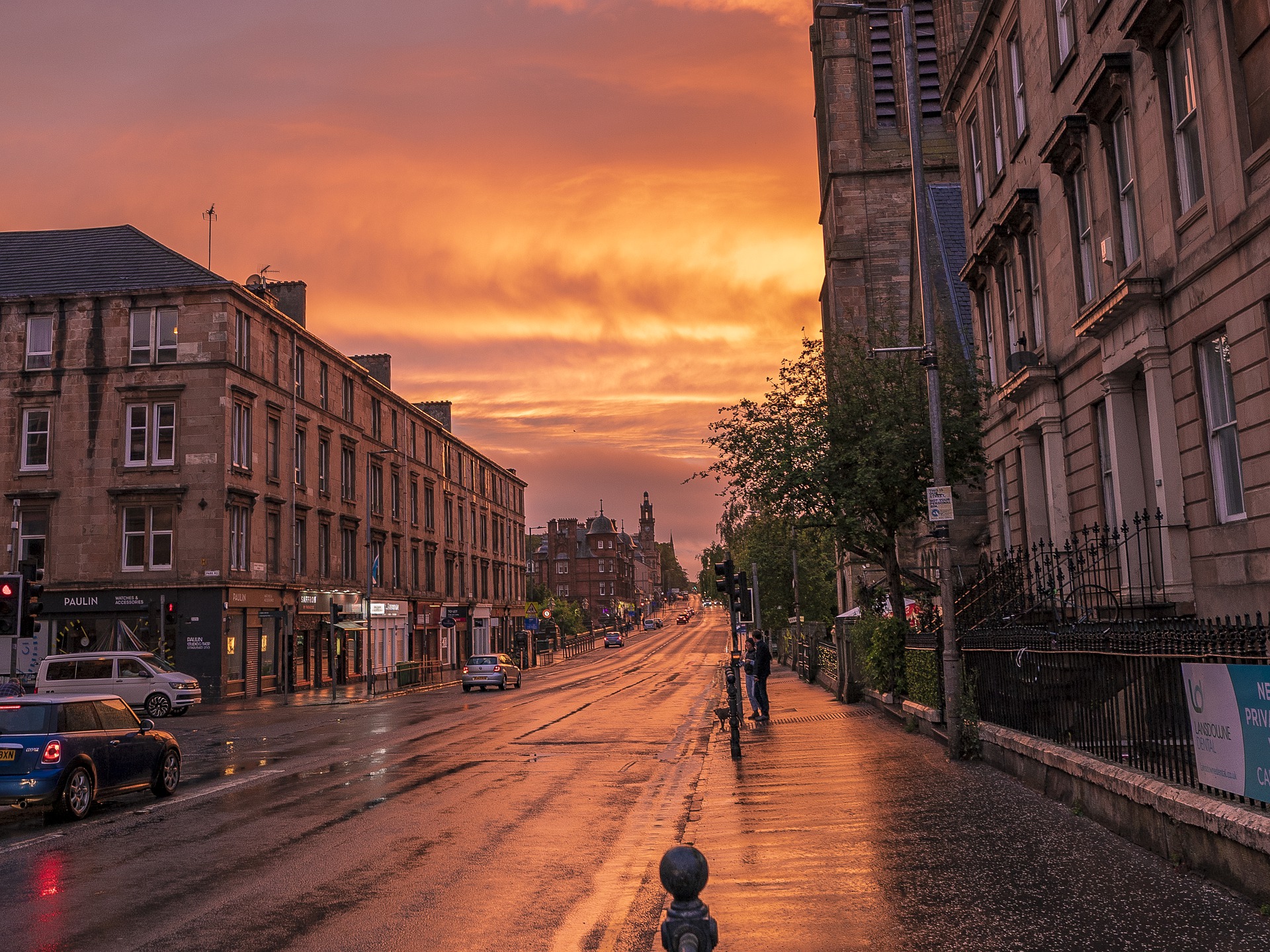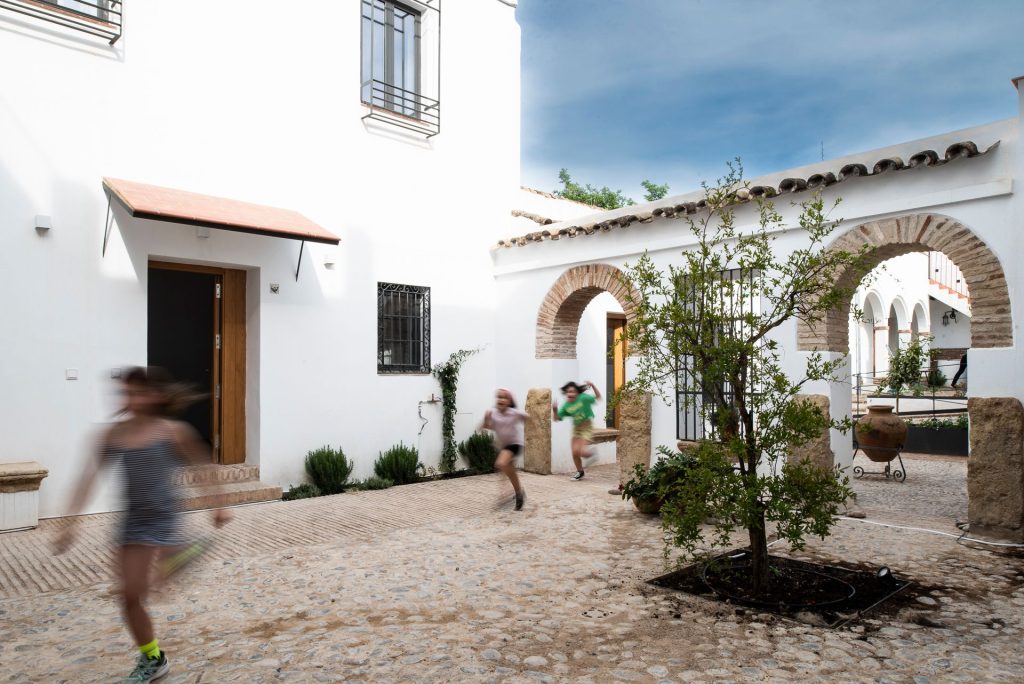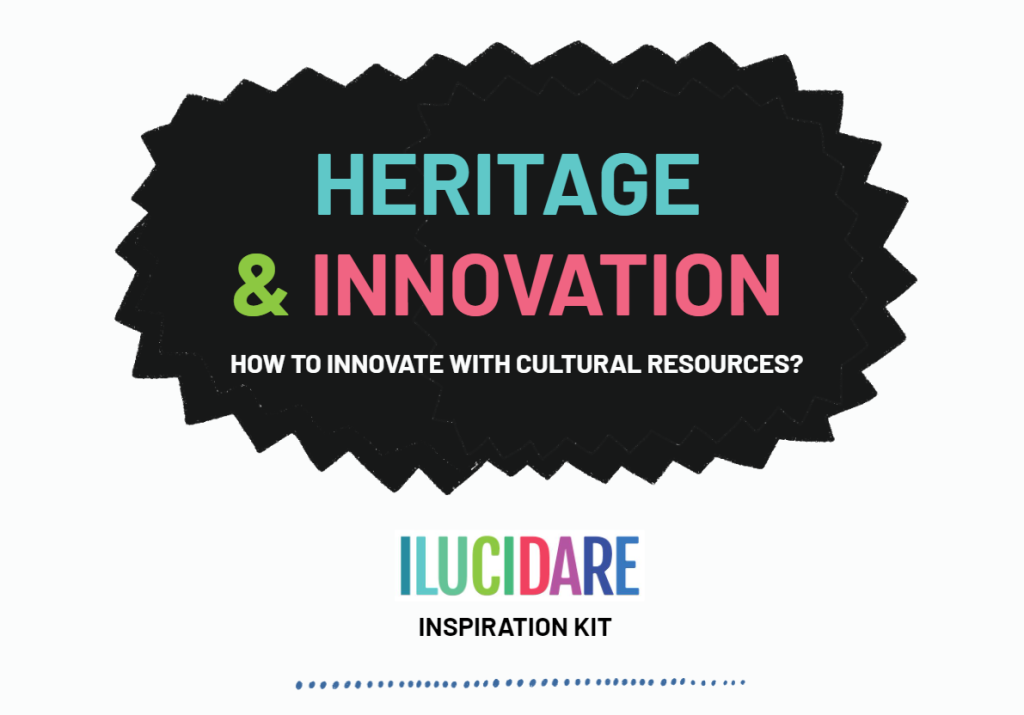The city of Glasgow has commissioned an audit to define the historic associations and modern legacies that originated from the Atlantic slave trade.
Audit context
The city of Glasgow attempts to track the contribution of citizens involved in Atlantic slavery and their involvement in the construction of local societies. The audit addresses citizens of Glasgow (mainly men), involved in Atlantic slavery between 1603 and 1838. It highlights that some of those citizens have contributed to shaping contemporary societies and it is an assessment of Glasgow’s historic associations to the slave trade and its legacy.
Findings
Some information includes:
- Between 1636 and 1834, 79 individual Lord Provosts were nominated to Glasgow Town Council. Forty had some connection to Atlantic slavery, and some sat in office whilst owning enslaved people
- Glasgow Town Council received and managed donations from individuals with connections to Atlantic slavery equivalent to many millions of current monies
- Glasgow Corporation and City Council received non-monetary gifts from an enslaver as well as residences formerly owned by those either involved with West India commerce
- Funding for the City Chambers in the 1880s was derived from municipal incomes, whilst occasionally borrowing from banks with previous connections to the Atlantic slavery economy
- Eight individuals with connections to Atlantic slavery are commemorated across multiple monuments and other representations in Glasgow
- 62 Glasgow streets and locations have a ‘direct’ or ‘associational’ connection to Atlantic slavery.
How will the audit be used?
The audit will be used to determine the historic connections and modern legacies derived from the Atlantic slave trade. No recommendations have been made on the next steps, nevertheless, the audit serves the purpose of inviting the people of Glasgow to determine its future developments, by holding a wide range of public discussions and consultations.
Eurocities, together with the city of Glasgow, organised in December 2021 a city dialogue on culture and anti-racist practices. Together with the city of Lisbon, Glasgow discussed culture and anti-racism practices, addressing the subject of dealing with a difficult history, creating inclusive environments in cities via culture, and supporting anti-racist policies.





